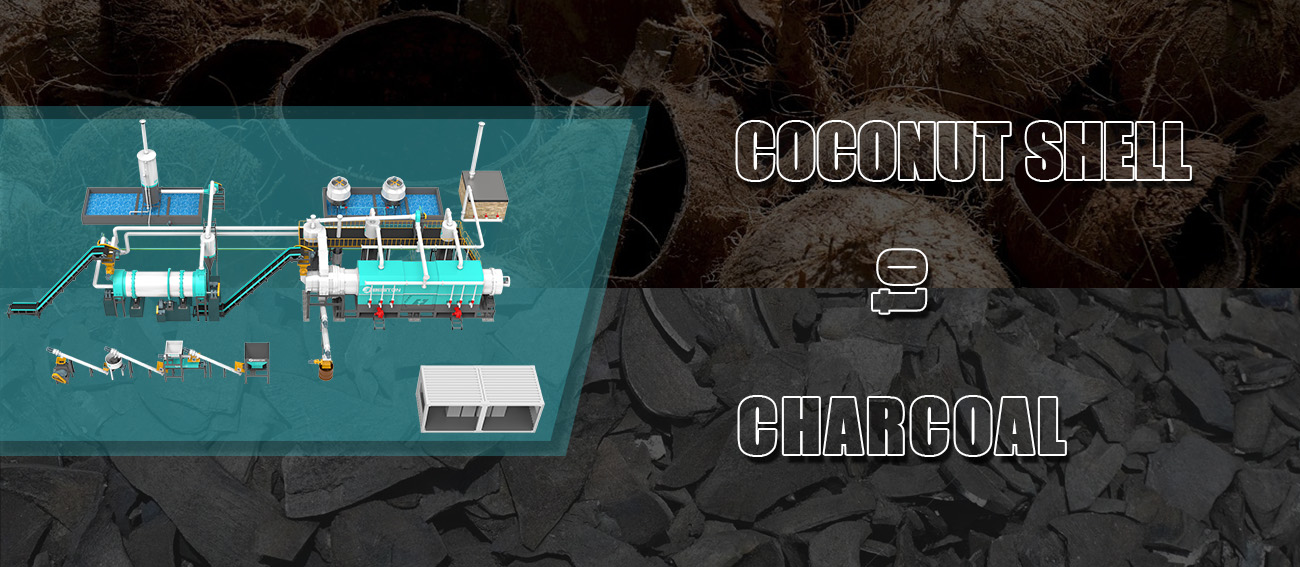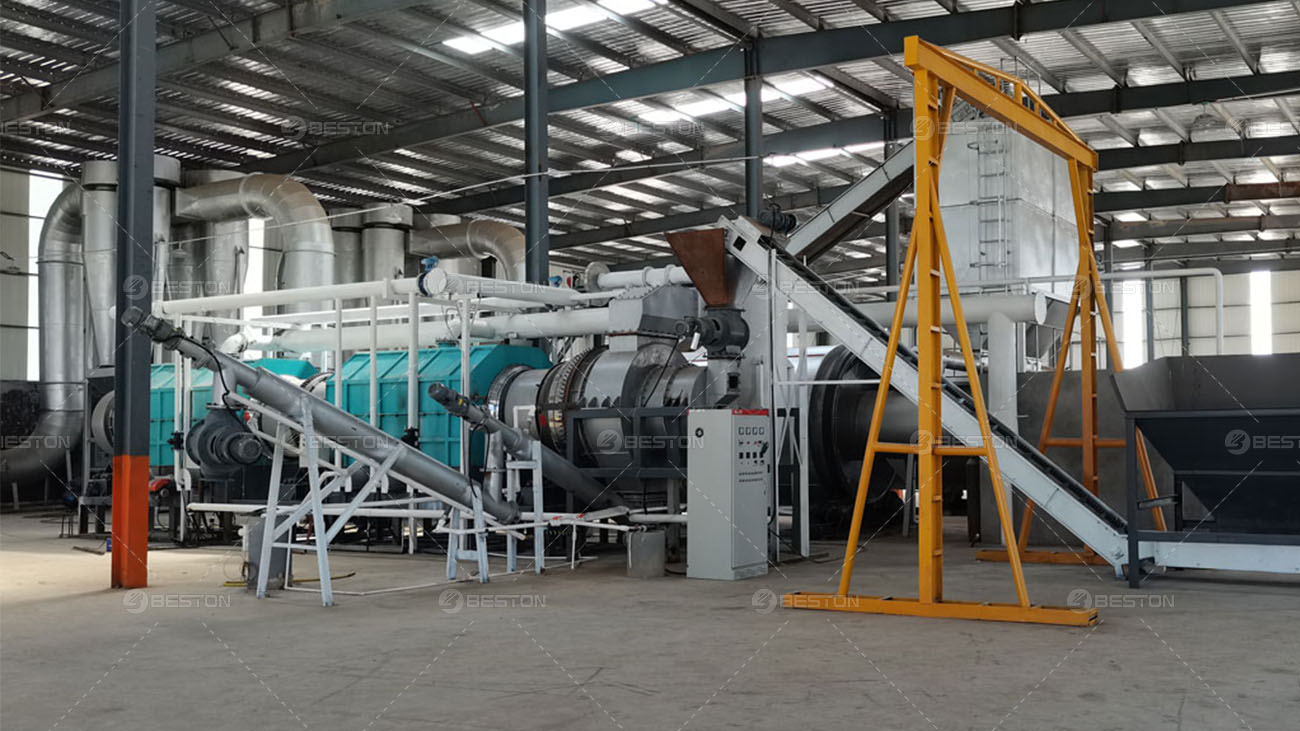Introduction
Coconut shell charcoal production stands at the cusp of innovation and sustainability, particularly in the context of Southeast Asia. The region, renowned for its abundant coconut resources, presents a fertile ground for the expansion of coconut shell charcoal making projects. In this article, we delve into the development prospects of such projects in Southeast Asia, exploring the potential, challenges, and opportunities that lie ahead.

Coconut Shell Charcoal Making Machine: A Game-Changer in the Industry
The cornerstone of coconut shell charcoal production is the advanced coconut shell charcoal making machine. This cutting-edge equipment revolutionizes the traditional charcoal making process by efficiently converting coconut shells into high-quality charcoal. Equipped with state-of-the-art technology, these machines ensure optimal performance and productivity, setting new benchmarks in the industry.
Market Demand and Trends
The demand for coconut shell charcoal is on the rise, driven by growing awareness of environmental sustainability and the increasing popularity of eco-friendly products. Southeast Asia, with its burgeoning population and thriving industrial sectors, emerges as a key market for coconut shell charcoal. Moreover, the global shift towards renewable energy sources further amplifies the demand for sustainable charcoal alternatives, positioning coconut shell charcoal as a lucrative investment opportunity.
Economic Viability
Investing in coconut shell charcoal making projects offers promising economic prospects for stakeholders. With the right infrastructure and strategic partnerships, entrepreneurs can capitalize on the abundance of coconut resources in Southeast Asia to establish profitable ventures. Moreover, the scalability of continuous charcoal making machine allows for flexible business models, catering to diverse market demands and ensuring long-term financial sustainability.
Environmental Sustainability
Coconut shell charcoal production not only generates economic returns but also promotes environmental sustainability. By utilizing coconut shells, a by-product of the coconut industry that would otherwise be discarded as waste, these projects contribute to waste reduction and resource optimization. Furthermore, coconut shell charcoal serves as a renewable and carbon-neutral energy source, mitigating the environmental impact of traditional charcoal production methods.
Technological Advancements and Innovations
The continuous advancement of technology plays a pivotal role in enhancing the efficiency and effectiveness of coconut shell charcoal making projects. From automated feeding systems to advanced charcoal making furnace, innovation drives progress in every aspect of the production process. Additionally, research and development efforts focus on optimizing charcoal quality, exploring alternative uses for coconut shell by-products, and minimizing energy consumption, further cementing the industry’s position as a beacon of technological innovation.
Government Support and Regulatory Landscape
Government support and favorable regulatory frameworks are instrumental in fostering the growth of coconut shell charcoal making projects in Southeast Asia. Through incentives, subsidies, and policy interventions, governments incentivize investments in renewable energy initiatives, including biomass-based charcoal production. Furthermore, stringent environmental regulations encourage adherence to sustainable practices, ensuring that coconut shell charcoal projects operate in harmony with nature.
Challenges and Mitigation Strategies
Despite the promising prospects, coconut shell charcoal maker machine faces several challenges, ranging from raw material procurement to market competition. Limited access to capital, inadequate infrastructure, and fluctuating market prices pose significant hurdles for entrepreneurs. However, proactive measures such as strategic partnerships, value chain integration, and technology adoption can mitigate these challenges, enabling stakeholders to navigate the industry landscape with resilience and adaptability.

Conclusion
The development prospects of coconut shell charcoal making projects in Southeast Asia are undeniably bright. With abundant coconut resources, technological advancements, and favorable market dynamics, the region presents a fertile ground for investment and innovation in the charcoal production sector. By leveraging advanced coconut shell charcoal making machines, tapping into market demand trends, and embracing sustainability principles, stakeholders can unlock new opportunities for economic growth, environmental stewardship, and social development in the region.
In summary, the journey towards sustainable charcoal production in Southeast Asia begins with a single coconut shell—and with the right vision, innovation, and determination, it can lead to a brighter, greener future for generations to come.